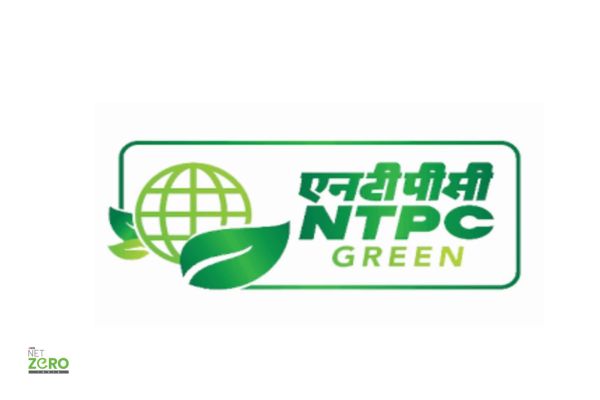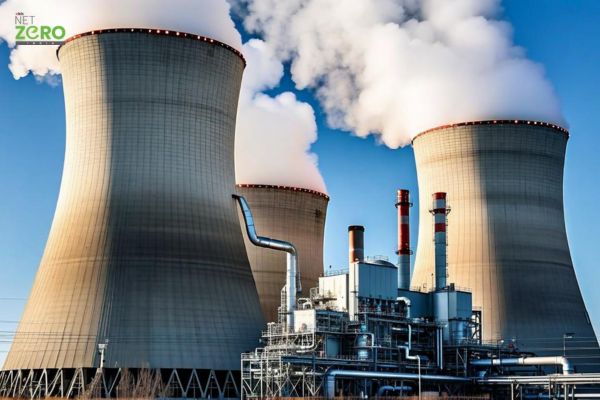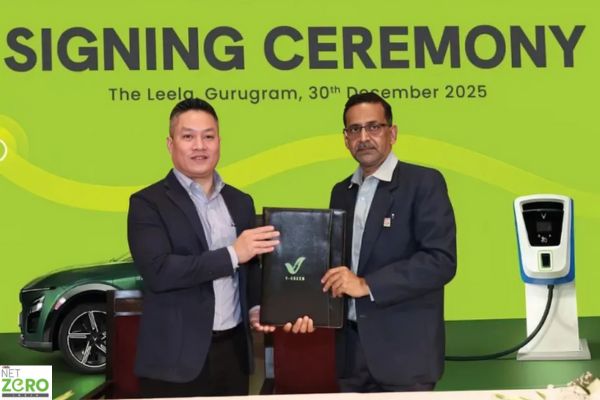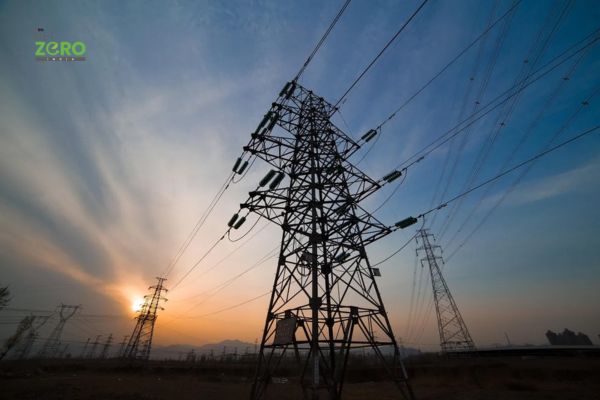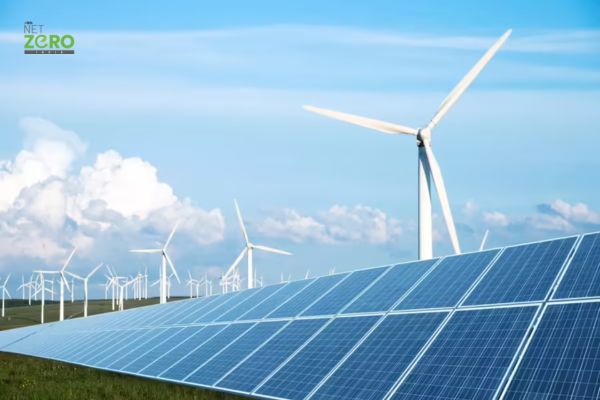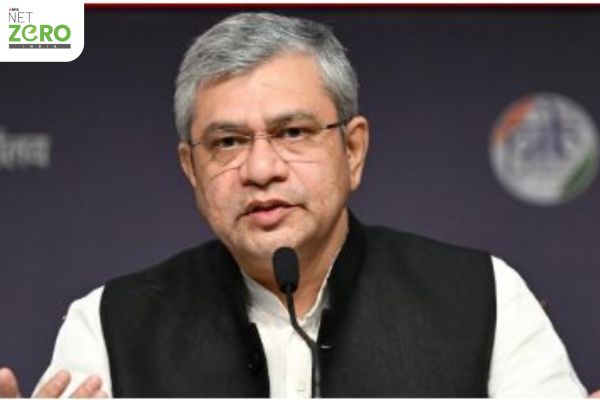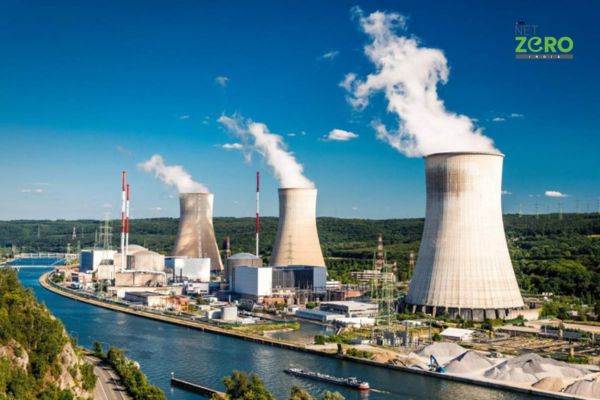
India’s thermal power sector is set for a major resurgence, with private investment projected to reach ₹77,000 crore between FY26 and FY28, according to a report released by CRISIL Ratings. This marks a significant shift in sector dynamics, with private players re-entering the coal-based generation space, buoyed by long-term purchase agreements and increasing base-load power requirements amid surging electricity demand.
Thermal Power Investment to Touch ₹2.3 Lakh Crore
Total investments in the thermal power space are expected to double, reaching ₹2.3 lakh crore over the next three years. While private sector contribution had dipped to just 7–8% of overall investments in recent years, it is now projected to rise to nearly one-third — signalling renewed interest in coal-based projects after a prolonged slowdown.
Long-Term PPAs Drive Investor Confidence
The report identifies long-term power purchase agreements (PPAs) as a major catalyst for this revival. Notably, four state-owned distribution companies have signed 25-year contracts with private producers — the first such agreements in a decade. These contracts provide revenue visibility and mitigate financial risks, thereby enhancing the bankability of thermal assets.
Brownfield Expansion Takes Center Stage
Rather than investing in new greenfield developments, companies are prioritizing brownfield expansion. This strategy leverages existing infrastructure, including pit-head coal linkages, and bypasses complex land acquisition challenges — resulting in reduced implementation timelines and faster execution.
Adani, Tata, JSW, Vedanta Lead the Charge
Private giants like Adani Power, Tata Power, JSW Energy, and Vedanta Power are spearheading the new wave of expansion. Their investments are focused on financially structured and operationally viable projects designed to deliver stable returns.
Vedanta Power Charts Independent Path
Vedanta Power is preparing for a strategic demerger and aims to operate as an independent entity. As part of its roadmap, it plans to add 15 GW of capacity, largely through brownfield projects. This includes reviving 2,200 MW of idle capacity — 1,200 MW at Chhattisgarh and 1,000 MW at Meenakshi — both with pit-head advantages.
These new projects will operate under a two-part tariff model of ₹5.5–₹5.8 per unit, with 60% as a fixed component ensuring predictable revenue and the rest on a cost-plus basis. CRISIL projects an internal rate of return (IRR) of 15%, making the projects both financially and operationally attractive.
Be a part of Elets Collaborative Initiatives. Join Us for Upcoming Events and explore business opportunities. Like us on Facebook , connect with us on LinkedIn and follow us on Twitter, Instagram.
"Exciting news! Elets technomedia is now on WhatsApp Channels Subscribe today by clicking the link and stay updated with the latest insights!" Click here!




